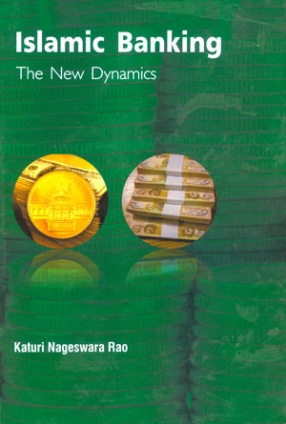Japan, the second largest economy in the world, with a population of over twelve crore, faced stagnation during the decade 1992-2002, which has been described as the ‘lost decade’. Bank of Japan persued zero interest rate policy followed by quantitative easing policy to fight out the deflationary spiral. Japanese banks suffered from huge non-performing loans accumulation for about one and half decades due to excessive exposure to sensitive sectors before a turnaround during the last three years, under what is termed ‘Big Bang strategy for financial sector reforms.’ Japanese post, the world’s largest financial institution engaged in postal savings, life insurance and Mail delivery has been privatized recently, with a view to benefiting the economy as a whole. But many critics are blaming the government for not forming a clear-cut strategy to move its $3 trillion funds into general economy. Japan has been opening up its economy to attract inbound FDI substantially by formulating a robust competition policy and enforcement of a regime that would improve market access and Japan’s economic recovery. Although FDI in Japan has been increasing rapidly in recent years, its share of GDP is still extremely small, when compared to that of other major advanced nations. Japanese companies were rarely the target of mergers and acquisitions. However, in a liberalized financial environment, key economic indicators point to rise in M&A activity both within Japan and with foreign buyers. Financial system stability has been gradually improving, through enhanced value added services and establishment of attractive business models and further improvement in risk management and through corporate governance and internal control and information disclosure.
Financial System in Japan: Emerging Trends
$39.60
$44.00
In stock
Free & Quick Delivery Worldwide
All orders amounting to US$ 50 or more qualify for Free Delivery Worldwide. For orders less than US$ 50, we offer Standard Delivery at $14 per book.
ABOUT THE AUTHOR Katuri Nageswara Rao
Katuri Nageswara Rao (b. 1946) has worked in Indian Overseas Bank for 27 years followed by a brief stint of 20 months in Karur Vysya Bank as Head of the Staff Training College, Karur. During his tenure at Indian Overseas Bank, he had exposure in critical areas like credit appraisal and supervision, senior level branch management, inspection and rehabilitation of sick units. He holds an M.Sc. degree (Mathematics) from Sri Venkateswara University and is a CAIIB from the Indian Institute of Bankers, Mumbai. Presently, he is the Associate Dean, ICFAI University, Hyderabad. He is also the Consulting Editor of Professional Banker, a monthly magazine, published by the ICFAI University Press. His articles on banking and general management have been published in The Economic Times, The Hindu Business Line and The Times of India. He has already edited a few books for the ICFAI University Press on banking related topics. He has authored a book titled, "Global Banking-Asia-Pacific Region" also published by the ICFAI University Press.
reviews
0 in total
Review by Anonymous
Be the first to review “Financial System in Japan: Emerging Trends” Cancel reply
You must be logged in to post a review.
Bibliographic information
Title
Financial System in Japan: Emerging Trends
Author
Edition
1st ed.
Publisher
ISBN
9788131420522
Length
352p.
Subjects








There are no reviews yet.